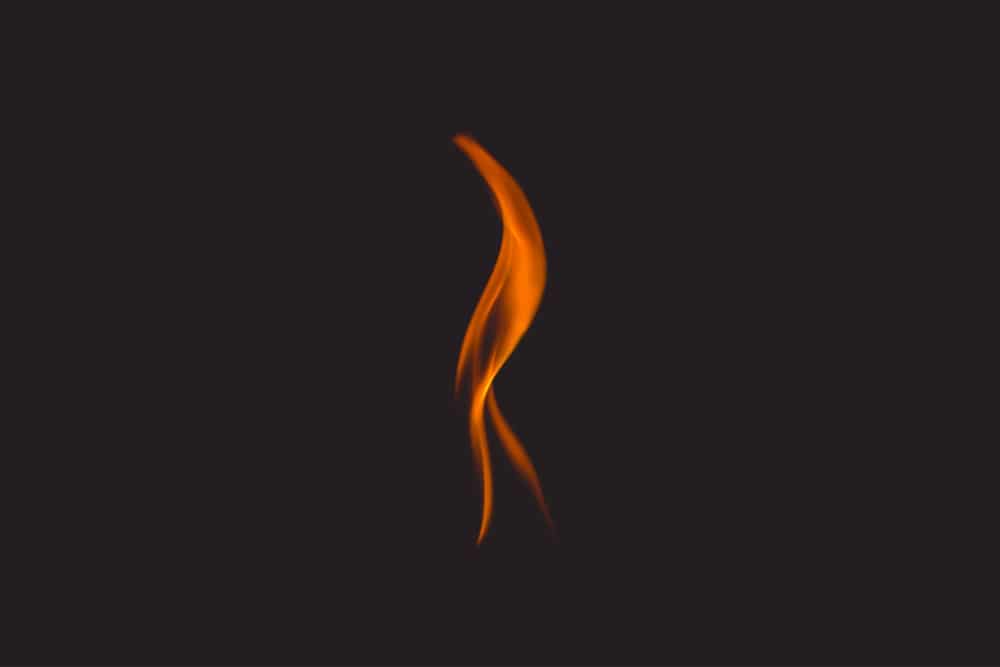You rely on your fire safety equipment and protocols to protect you in an emergency.
You’ve likely invested in fire suppression technology and alarm systems that are designed to save life and property during a fire. But what if a fire happens during an unexpected outage or system maintenance?
For many facilities, especially organizations that don’t have hours of closure or whose residents can’t evacuate quickly or safely — like hospitals or senior care facilities — this situation could end very badly.
Fortunately, a protocol exists to keep residents, patients, visitors, workers, and the property protected from fire danger, even if the fire safety system is temporarily out of commission — a fire watch.
What is a fire watch and how does it work? Let’s get into it.
What is a Fire Watch?
NFPA Standard LS.01.02.01 requires that facilities provide protection for occupants of the building during the time the Life Safety Code is not met, including during maintenance or construction. During these times, the fire department must be notified, and a fire watch initiated.
A fire watch is a period of time when a group of dedicated staff continually circulate through the affected area of the building looking for signs of fire.
Part of the watch includes notifying the fire department or other emergency response group and documenting when that notification occurs, as well as noting the times the rounds are conducted by the fire watch staff.
When is a Watch Needed?
Any lapse in the facility’s fire protection system must be covered by a fire watch to protect people in the building. This includes the fire alarm system, fire suppression, and sprinkler system, or other life-protecting fire safety measures.
Whether a planned or unplanned outage, if it lasts more than 4 hours (cumulative) over a 24-hour period, the building must be evacuated or a watch must be called. For example, if a whole zone is out on a fire alarm system or a valve must be closed on a sprinkler system for more than 4 hours, action must be taken.
How to Conduct a Fire Watch
Per NFPA Life Safety Code A.9.6.1.8, a fire watch requires staffing beyond the normal operation level. Staff must include individuals who are trained in fire prevention and fire department notification techniques, and who are confident operating a fire extinguisher.
The staff should have no other responsibilities than circulating through the affected area and looking for signs of fire and checking to make sure that fire escapes, exits, alarm systems, and other elements of the building’s fire safety system remain unobstructed, functioning, and available if needed.
Cameras can be used to supplement the fire watch, but cannot be used in place of human staff. Camera equipment lacks the senses of smell, hearing, and perception for what conditions may produce a fire.
Preparing: Training and Resources
It’s important to be prepared for a fire should the situation occur in your facility — not only to comply with NFPA standards but also to ensure the health and safety of everyone in your facility and the building itself.
Thorough fire safety training can help your employees so feel confident in case a fire emergency arises — from conducting a fire watch to notifying the fire department, to properly using a fire extinguisher. Be sure to test their training using regular but varied fire drills.
Installing a reliable fire alarm and sprinkler system is just the first step in securing fire protection in your building. Make sure you keep up with all maintenance for your Fire alarm, sprinklers, and fire suppression systems — even if it requires a temporary closure or watch while work is completed. A planned outage is far preferable to an unexpected one, as the more variables you control, the better you can ensure the safety of the occupants of your building.
All of these protocols require commitment, but they mean your facility is better prepared for whatever comes next. If you’re not sure where to start with your fire safety system, fire watch training, or system maintenance, Vanguard Fire & Security Systems technicians are here to help.



